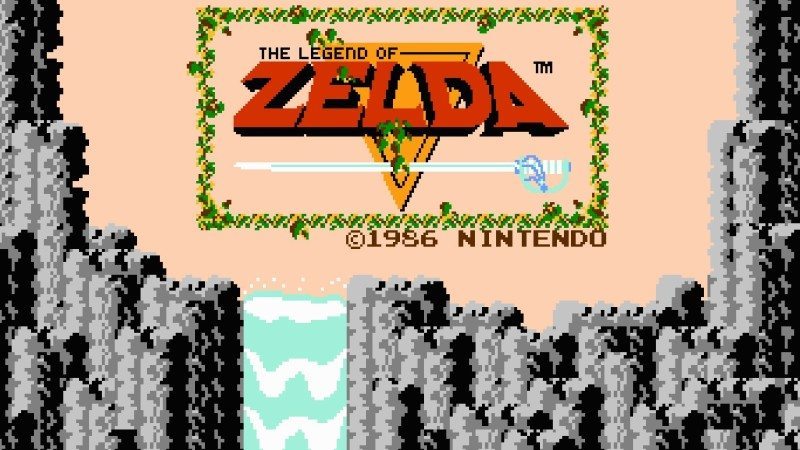Nintendo Copyright Claim Removes 3D Zelda Tribute
John Williamson / 8 years ago

Nintendo’s attitude towards their dedicated fan-base paying homage to the company’s previous works is nothing short of appalling. They’ve consistently launched copyright claims against YouTuber hobbyists simply trying to showcase what made their favourite games so special. Instead of admiring this level of passion, the company feels the need to flag anything which uses their intellectual property. In some cases, this makes sense if the game is episodic and people can watch a playthrough instead of purchasing it through legitimate channels. However, Nintendo is applying this kind of behaviour to NES, SNES and other classics to push their own overpriced Virtual Console store.
Only three days ago, a new project came to fruition designed to honour the 30th anniversary of The Legend of Zelda. This allowed players to enjoy the game through a web browser and looked absolutely stunning. Sadly, Nintendo didn’t approve and believed this infringed on their intellectual property. It’s clear that the creation breaches copyright, but it’s just a small team trying to share the magic of the Zelda series. The project creators, Scott Lininger and Mike Magee announced the news on zelda30tribute.com which reads:
“Nintendo asked us to remove this site for copyright infringement. I guess Zelda30Tribute was a little too pixel perfect. We’re sad about that, but we get it. We started this project because we love Nintendo and the joy they have given us throughout the years. From the start of development, we knew this result could potentially happen. Nintendo has every right to protect their IP. No complaints from us, we had a blast working on this tribute and made some friends along the way.”
Of course, Nintendo are well within their rights to protect intellectual property. On the other hand, it comes across very poorly given the game’s age. Furthermore, it’s a terrible way to treat loyal fans showcasing their creative abilities. Nintendo desperately needs to adapt to the modern world and encourage community content as a way of indirect marketing.



















